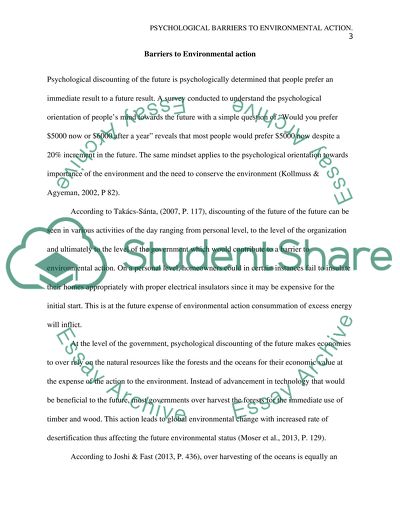Cite this document
(“What are the most important psychological barriers to Essay”, n.d.)
What are the most important psychological barriers to Essay. Retrieved from https://studentshare.org/psychology/1680527-what-are-the-most-important-psychological-barriers-to-pro-environmental-action
What are the most important psychological barriers to Essay. Retrieved from https://studentshare.org/psychology/1680527-what-are-the-most-important-psychological-barriers-to-pro-environmental-action
(What Are the Most Important Psychological Barriers to Essay)
What Are the Most Important Psychological Barriers to Essay. https://studentshare.org/psychology/1680527-what-are-the-most-important-psychological-barriers-to-pro-environmental-action.
What Are the Most Important Psychological Barriers to Essay. https://studentshare.org/psychology/1680527-what-are-the-most-important-psychological-barriers-to-pro-environmental-action.
“What Are the Most Important Psychological Barriers to Essay”, n.d. https://studentshare.org/psychology/1680527-what-are-the-most-important-psychological-barriers-to-pro-environmental-action.


